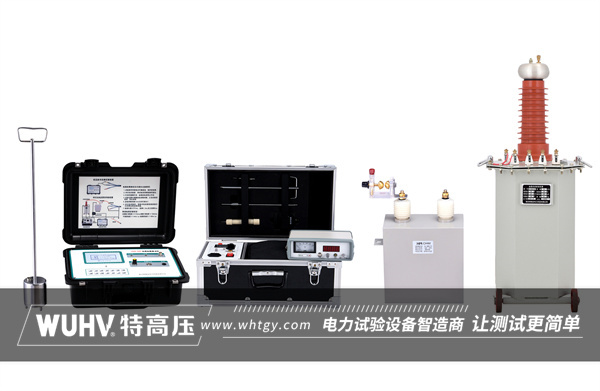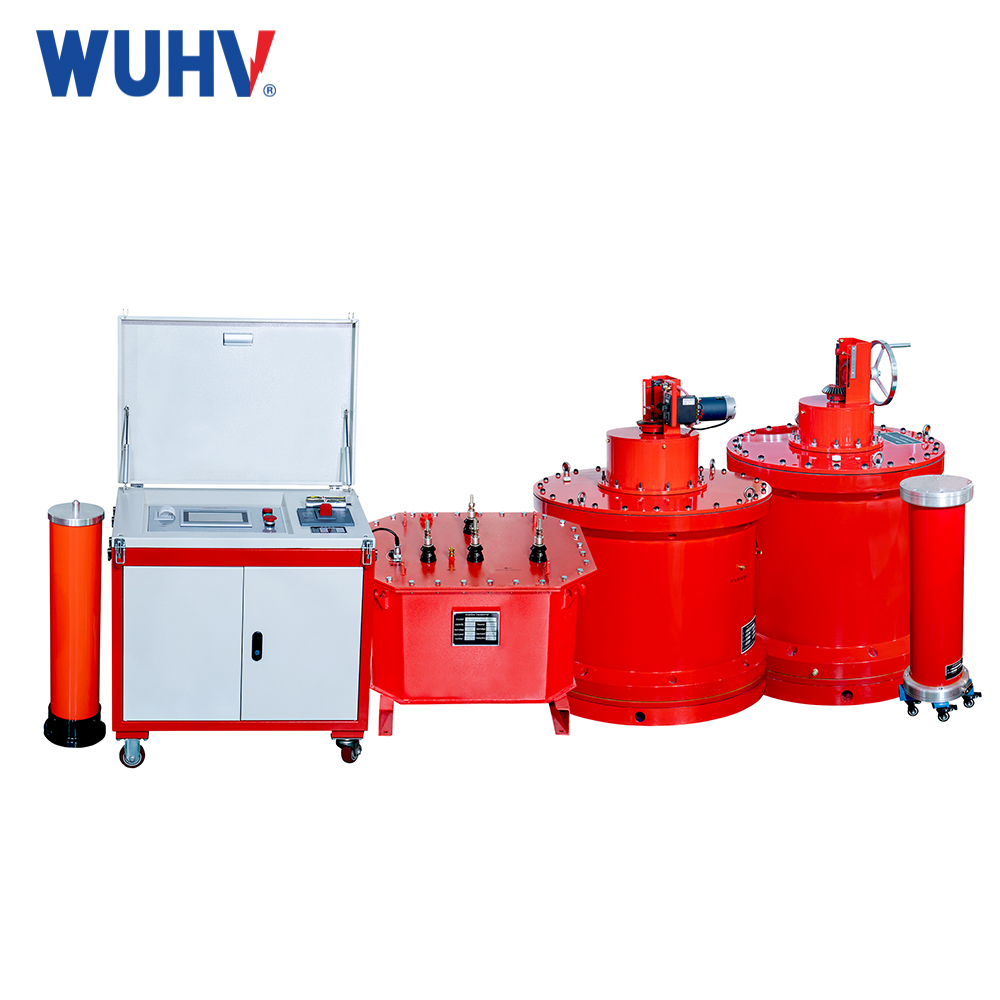The cable fault tester under Wuhan UHV can help many power workers conduct various power tests more conveniently.

Cable fault prevention measures refer to a series of measures taken to reduce the probability of cable faults occurring and minimize the losses caused by faults. These measures are mainly based on the common causes and types of cable failures, aiming to improve the reliability and safety of cable systems. The following is a detailed analysis of cable fault prevention measures:
1、 Analysis of Cable Failure Causes
There are various reasons for cable failures, including:
Mechanical damage: such as damage during installation, direct damage from external forces, vibration or impact loads from moving vehicles, etc.
Insulation moisture: such as unsealed joint box or terminal box structure, poor cable manufacturing, etc.
Insulation aging and deterioration: Due to the free air gap inside the insulation medium under the action of an electric field, the insulation decreases, or overheating causes insulation aging and deterioration.
Overvoltage: The effect of atmospheric and internal overvoltage causes insulation breakdown of cables.
Poor design and manufacturing processes, such as inadequate waterproofing and electric field distribution design for intermediate joints and terminal heads, improper material selection, and poor manufacturing processes.
Material defects: cable manufacturing issues, defects in cable accessory manufacturing, poor maintenance and management of insulation materials, etc.
Corrosion of protective layer: underground acid-base corrosion, influence of stray current, etc.
2、 Preventive measures for cable faults
Based on the above reasons analysis, cable fault prevention measures can be divided into the following aspects:
Strengthen cable patrol and inspection
Regularly inspect the appearance and connection parts of the cable to ensure no wear, cracks, or other visible damage.
Regularly check the load condition of the cables to avoid prolonged high load operation.
Regularly check the grounding status of cables to ensure that the grounding resistance meets the requirements.
Improve the quality of cable construction
Choose reliable cables and cable accessories to ensure that the materials comply with relevant standards.
Strictly follow the cable laying standards and process requirements for construction, avoiding mechanical damage and insulation moisture.
Strengthen the production and installation quality of cable terminal heads and intermediate joints to ensure that waterproofing and electric field distribution meet the requirements.
Monitoring and early warning
Online monitoring of cables, including temperature, current carrying capacity, insulation resistance, and other parameters, to promptly detect and handle abnormal situations.
Regularly conduct preventive tests on cables, such as insulation resistance tests, DC withstand voltage tests, etc., to ensure good insulation performance of the cables.
Environmental protection and anti-corrosion measures
For buried cables, appropriate protective measures should be taken, such as using protective sleeves, setting cable trenches, etc., to avoid external damage and corrosion.
For cables that are susceptible to corrosion, anti-corrosion measures should be taken, such as coating with anti-corrosion paint and adding outer layer protection.
Establish an emergency response mechanism
Develop an emergency response plan for cable faults to ensure that a professional maintenance team can be quickly contacted in the event of a cable fault, and to promptly handle the fault and restore power supply.
Consider backup power options such as generators or UPS (uninterruptible power supply) to ensure power supply during cable failures.
Strengthen employee training and technical support
Regularly provide technical training to cable construction and operation personnel to improve their technical level and safety awareness.
Collaborate with a professional cable maintenance team to provide technical support and regular maintenance services to ensure the healthy and stable operation of the cable system.
By implementing the above preventive measures, the probability of cable faults occurring and the losses caused by faults can be greatly reduced, improving the reliability and safety of cable systems.



















